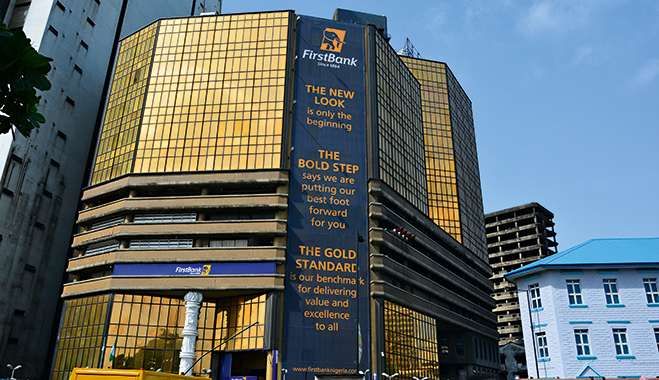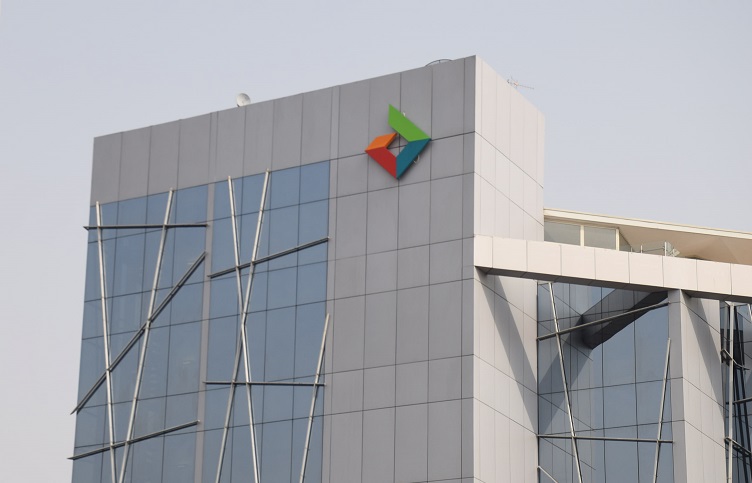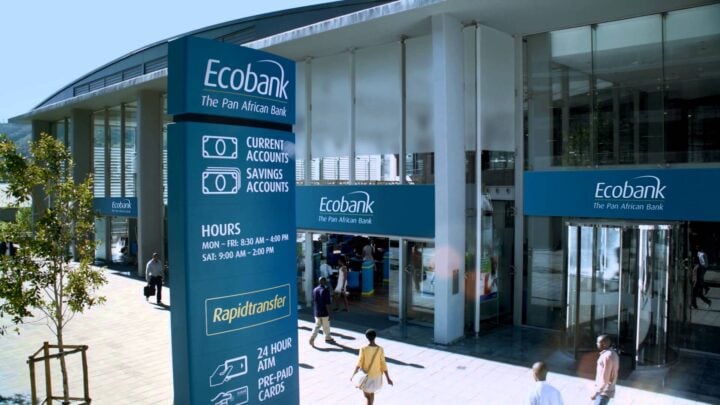Oando’s resolve to discontinue some lines of operations has enabled the company to shape up to a profitable structure. Profit from discontinued operations stood in excess of N29 billion in 2016 and provided the strength that turned a loss of N25.4 billion into an after tax profit of nearly N4 billion in that year.
Further discontinuation of operations happened in 2017, adding N6.3 billion to the bottom line. That raised after tax profit to N19.8 billion at the end of the year. Trimming operations to a structure that can deliver profit is the strength of the company’s rebound after building losses amounting to N195 billion in two years to 2015.
Since 2016, the company has sold a number of subsidiaries in its energy services, gas and power, marketing, refining and terminals and supply and trading segments. It has also liquidated some dormant subsidiaries and sold off non-operated interests in oil blocks.
Beyond the profits coming from discontinuing operations, the restructuring has redressed the company’s cost structure and created a room for profit. Improving revenue and declining costs were the summary of the company’s operating story in 2017. A 9% growth in sales revenue against a 4% decline in cost of sales lifted gross profit by 206% to over N88 billion in 2017.
Advertisement
Also a drop of 29% in administrative expenses in the year resulted in a leap from an operating loss of N7.2 billion in 2016 to an operating profit of N56.7 billion in 2017. A drop of 34% in finance costs capped the favourable cost movements that resulted in a profit of N13.5 billion from continuing operations.
The favourable cost behaviour is being maintained in the current financial year as per the first quarter interim report. Sales revenue grew by 9% to N150.5 billion year-on-year at the end of March 2018 while cost of sales declined by 2% to N122.6 billion. With that, gross profit more than doubled at 208% to nearly N28 billion during the period.
Administrative cost was flat at N13.8 billion, which permitted a 95% advance in operating profit to almost N15 billion. Net finance cost was also flat at N8.2 billion, leading to a shift from a pre-tax loss of N647 million in the same period last year to a pre-tax profit of N6.5 billion at the end of the first quarter.
Advertisement
Despite a reduction, balance sheet debts remain large at N347 billion at the end of the first quarter, indicating a possibility that finance expenses could speed up in the course of the year.
A tax credit of N1.2 billion and a profit of N1.1 billion from discontinuing operations had turned the pre-tax loss in the first quarter of last year into an after tax profit of N1.7 billion. There was no profit from discontinuing operations as at the end of the first quarter this year but the company still grew after tax profit by 145% to N4.19 billion at the end of March.
Oando earned 18 kobo per share at the end of the first quarter in March compared to 5 kobo per share in the same period last year. It earned N1.13 per share at the end of the 2017 operations compared to 30 kobo per share in the preceding year. The company’s last dividend was the 30 kobo per share it paid for 2013 operations. No dividend has been proposed for the 2017 earnings, as the company still stands on a retained loss position.
The huge losses in 2014 and 2015 wiped off the company’s retained earnings of close to N34 billion at the beginning of 2014 and built up a retained loss of about N200 billion at the end of 2015. At the end of 2017, the company still carried a retained loss of over N138 billion, which declined to about N136 billion at the end of the first quarter.
Advertisement
Add a comment







